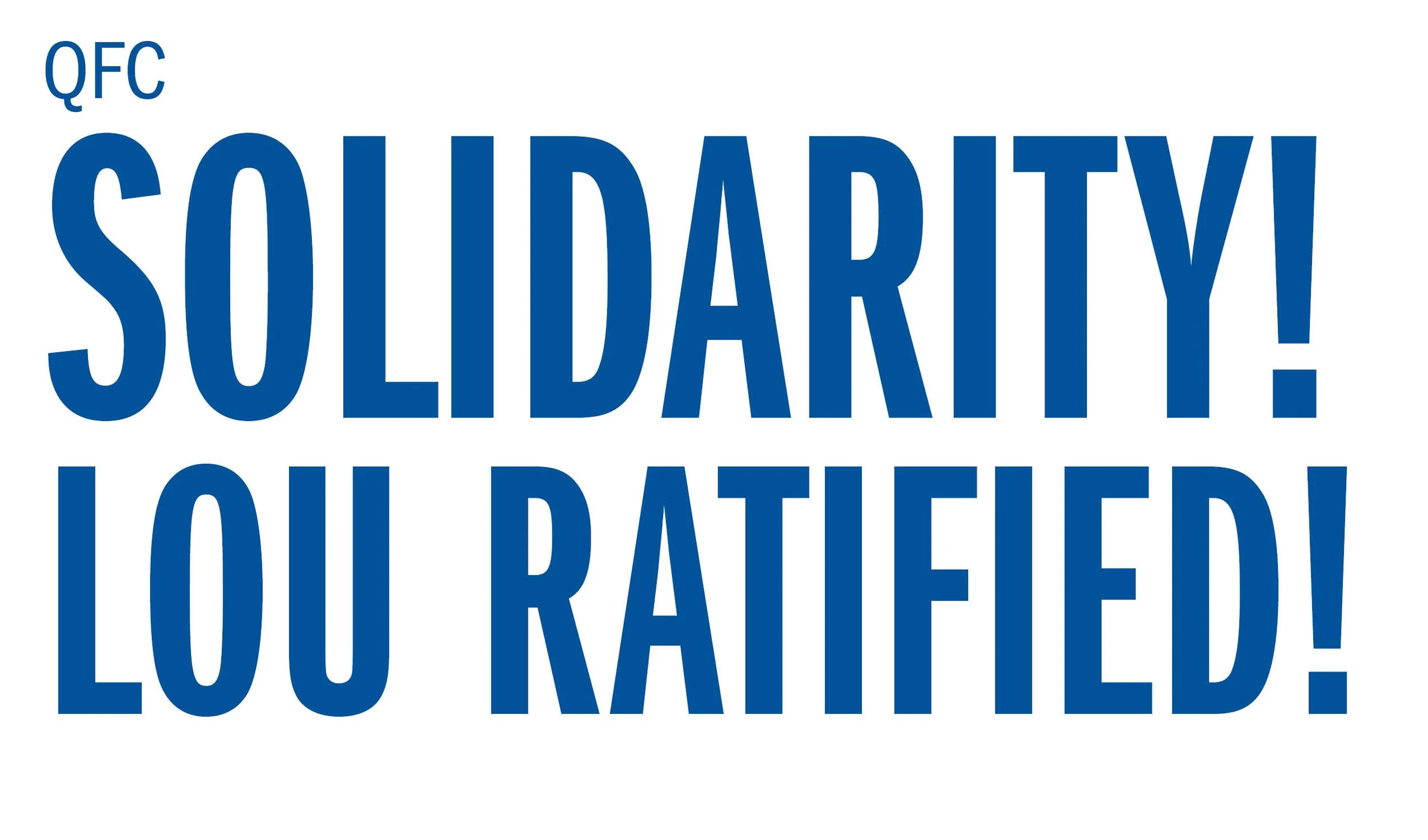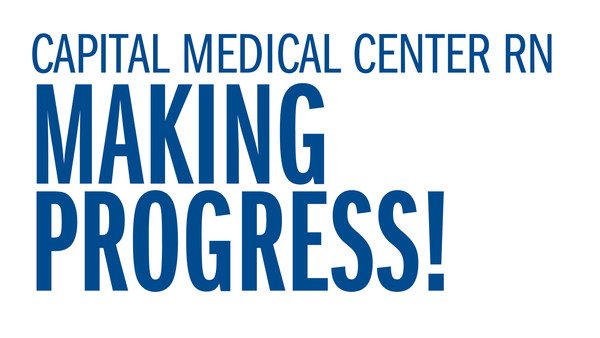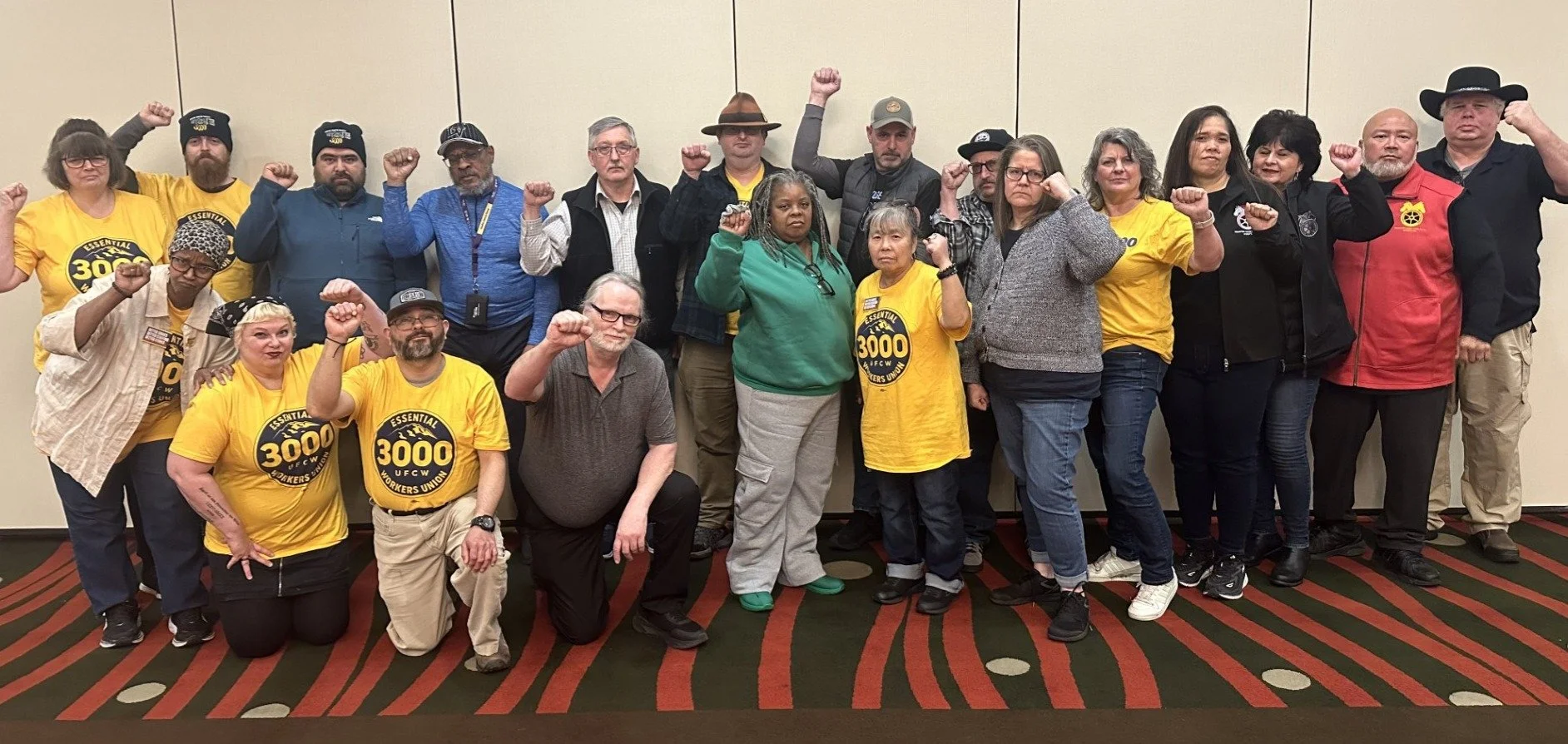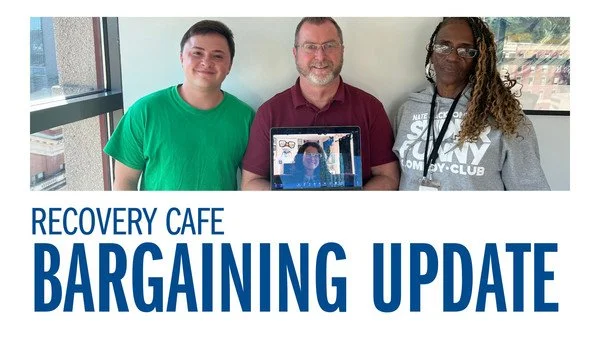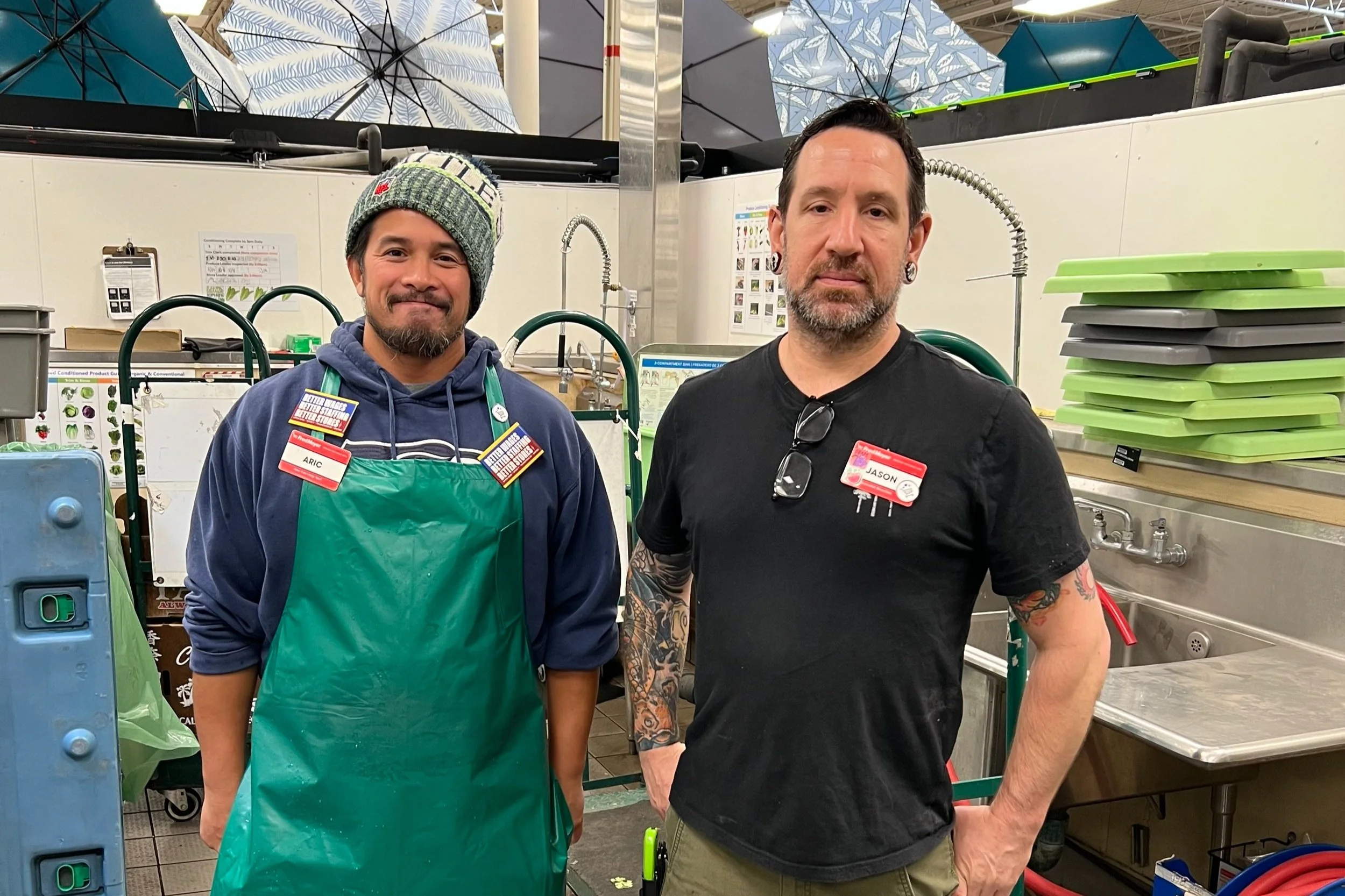UFCW 3000 is committed to fighting for Reproductive Justice.
As Union members, we know that our right to control our labor hinges on our right to control our bodies. And now, more than ever, workers and our bodily autonomy are under attack.
Health Care Workers, including UFCW 3000 members at Planned Parenthood in Washington State, are at the forefront of providing vital reproductive health care services.
However, since the recent Supreme Court decision overturning Roe v. Wade, reproductive rights are no longer protected for everyone in the U.S.
Washington State law guarantees the right to choose, protecting access to reproductive healthcare and abortion services. However, unless healthcare workers have a voice on the job to advocate for themselves, their patients, and their communities, these vital reproductive health services could become inaccessible to many.
Now is the time to take action in support of reproductive justice, health care workers, and those impacted disproportionately by the SCOTUS decision: women, people of marginalized genders, trans and non-binary people, Black and brown people, the disabled, and the poor.
How can you get involved? Take Action with Planned Parenthood Workers.
Take Action with your Union.
Here, UFCW 3000 members speak out for Reproductive Justice:
Planned Parenthood workers are UFCW 3000 Members
“Navigating the for-profit healthcare system as a Planned Parenthood clinic worker has been hard enough. The overturning of Roe v. Wade will now make our patients suffer with longer wait times, fewer resources, and expensive travel costs. It's time for the Labor movement to rise and join women’s rights organizations and others and say enough is enough. We need to lay the groundwork to push back against these attacks on our basic rights. They are being taken away before our very eyes - voting rights, women’s rights, civil rights. It goes on and on. Roe v. Wade was won in the first place because the people rose, and with women leading the charge, demanded a change to the laws that put us in danger and threatened our health, threatened our freedom and threatened our economic future. Only a fighting approach can save our rights to protect equitable and affordable access to women’s health care and abortion on demand, without apology.” — Natalie Snitzer, Planned Parenthood of the Great Northwest, Hawai’i, Alaska, Indiana, Kentucky*
How can my patients lose a right we’ve had for 50 years?
"I’ve been working in health care for 39 years; most of that time has been in maternity and caring for new-born babies at Tacoma General Hospital. For that entire time and long before, women have had the right under federal law to make decisions about our own bodies, our health, our reproductive rights, and whether or not we are pregnant. That has been the law for 50 years. Now these rights have been taken away by those who want to push our nation backward. Our country should be going forward, not backward. We should be giving all women more access to health care, not adding restrictions that harm women, especially women who may be of lower income or women of color. That is how we better protect new-born children." — Patricia Brown, LPN, MultiCare*
We’re all at risk.
"I have raised my daughters to understand that they control their own bodies. They are responsible for their actions. That is one way that they stay safe, and all moms want their kids to be safe. As a mom, I don’t want the Supreme Court or Congress – most of whom are men – telling our daughters that they cannot make decisions for their own health, their future. This is 100% a woman’s right and should be made by women. If that right can be taken away, that’s not only a problem today for our reproductive rights, but it’s also a slippery slope for tomorrow and could lead to other rights taken away. As a gay woman, I fear this can easily lead to removing other rights we have won like marriage equality." — Amy Dayley Angell, Front End Checker, QFC*
We need to protect our privacy
"Our Right to Privacy must be protected. It’s one of the most important rights we have in the United States. I have read the opinion released from the Supreme Court and I feel it is actually about so much more than a women’s right to choose if she has an abortion. If the government can invade our privacy so much that they can tell a woman what she can and cannot do with her own body around something so private as her own health, her reproductive health, where does it stop? Then we’re all vulnerable to having our privacy taken away by elected officials who feel differently than we do. Then what’s next? Freedom of speech? Freedom to vote? Freedom to be part of a Union? Freedom of religion? That’s not what our country is about. Our freedoms should not be taken away. But let’s not fool ourselves, that is exactly what is happening here and that is wrong." — Shannon Corrick, File Maintenance, Safeway*
Unfair and not right
"I am so enraged by the fact that we as a country are going backwards on women’s rights to access reproductive health care and control of our bodies. These rights are a baseline for establishing a life and living with the freedom to control your future. I believe Health Care is a human right -- and it’s private -- it’s between a person and their doctor. It’s hard because, as workers, we want to do what’s right for our patients, but changes to the law could tie our hands. I’m concerned that some states like Kentucky have passed heartbeat legislation requiring ultrasound technicians, like me, to make women hear the heartbeat before making any reproductive health decisions. That is unfair and simply not right. It puts health care workers in a position of shaming and guilting patients, instead of treating our patients with the respect and privacy they deserve in moments that are very personal." — Bryana Kolppa, Sonographer, Kaiser Permanente*
It’s about our future
"This is not just a question of reproductive rights. This is a question about will women have a say on own health, our own financial future. One of the biggest causes of poverty for women in our country is having a child as a single mom. If that is something a person decides to do, that is fine. But a person should not be forced by our government to become impoverished just because they become pregnant. We need to invest in family planning, we need to invest in access to health care. We need to push back against the Supreme Court’s decision to strip away our most basic rights and pass a new law to put these protections in place for all women in our country. It is not right that just because of your income or the zip code you happen to live in, that you have different rights than someone else." — Liisa Luick, Sales Associate, Macy’s*
This should worry everybody
"It makes me angry. This is the 21st century in America. How can half the population be told she can’t control her own body? How can a bunch of old white men – and that is mostly who makes up the US Senate that has confirmed these Supreme Court Justices – how do they get to choose what a woman does with her body when so many men can’t seem to control their own. Let’s be honest with each other. If men were more responsible with their bodies, most unwanted pregnancies would not happen in the first place. This right should not be determined by what state a woman happens to live in. When I was younger, I’d go to Planned Parenthood to get birth control because that’s what I could afford. Next they will want to take away the right to contraception. We need more education, more access, and more care. Not less. And if they can take this away, this right after 50 years, as a Naturalized Citizen, I fear that my right to vote may be next. This should worry everybody who holds our democracy dear." — Kyong Barry, Front End Supervisor, Albertsons
My body. My choice.
“Forcing our healthcare system to go backward in the regard to our rights is unacceptable. The simple statement of “My body, my choice” should be reason enough to stop allowing our government control of our bodies and life choices. Birth control is never 100% effective. And there are reasons we have advanced our healthcare system to include safe abortion options; not all pregnancies are viable or safe to carry to term, some are a result of rape, some may cause a family to become financially unstable. We have the right to consider and act on all of those complicated factors for ourselves, without the government’s input. We have the right to choose our own future, no one else gets to decide that for us. We need to stand together and fight for our rights. Hopefully, this will be the last time we have to state the obvious: “My body. My choice!” — Michaela Roberts, Respiratory Therapist, Providence*
*Disclaimer: These statements are those of the union member listed and don’t represent the companies they work for. The employer's name is listed only for showing where the union member works.
















